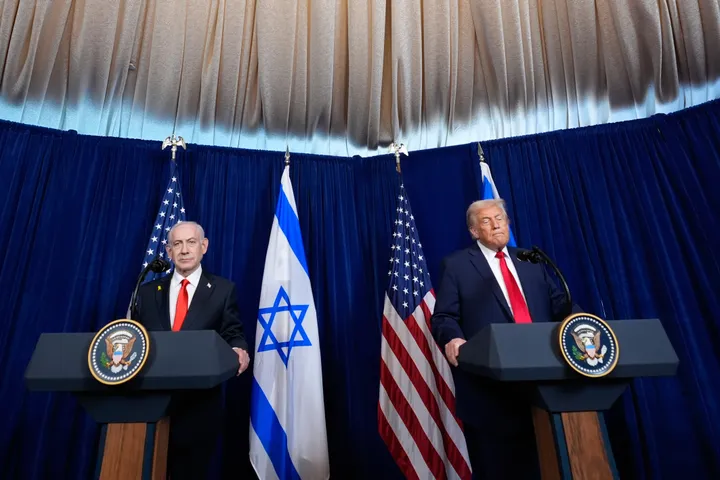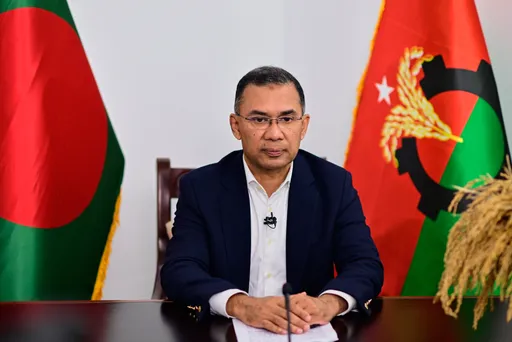The Greek Cypriot administration in southern Cyprus opened two new border crossings with the Turkish Cypriot north on Monday for the first time in eight years, the latest push for peace by the two sides after UN-backed talks collapsed last year.
Dozens of people from the island's Greek Cypriot-controlled south streamed across the eastern Dherynia border post, walking past United Nations peacekeepers into the Turkish Republic of Northern Cyprus (TRNC).
At the same time, the Lefka or Aplici crossing opened in the northwest of the Mediterranean island.
The development is a step forward in solving the island’s long frozen conflict which has come into sharper focus after the discovery of natural gas in the sea around Cyprus, and attempts by the internationally recognised Greek Cypriot administration to licence oil majors for exploration.
Talks between Greek Cypriot leader Nicos Anastasiades and Turkish Cypriot president Mustafa Akinci collapsed in July 2017.
The Greek Cypriot side withdrew from negotiations when the Turkish Cypriot side refused to abrogate a 1960 treaty which recognises Turkey, Greece and former colonial power Britain as guarantors of peace in Cyprus.
Turkey, which in 1974 intervened in Cyprus in response to a brief Greek-inspired military coup on the island designed to annex Cyprus to Greece, argues that under the auspices of the treaty it has the right to maintain a military presence on the island until the dispute between the Turkish Cypriots and Greek Cypriots has been resolved.
The decades-old problem came close to being resolved in 2004 under a plan drawn up by then-UN Secretary General, the late Kofi Annan, but the plan failed to pass a referendum in which Turkish Cypriots, encouraged by Turkey, voted in favour of reunification, but Greek Cypriots, on instruction of the administration of then-leader Tassos Papadopoulos, voted against it.
Cyprus was subsequently accepted as an EU member state as a divided island, with the Greek Cypriot administration enjoying international recognition as the island’s sole authority, while Turkish Cypriots remained in isolation in the TRNC, which is only recognised by Turkey.























